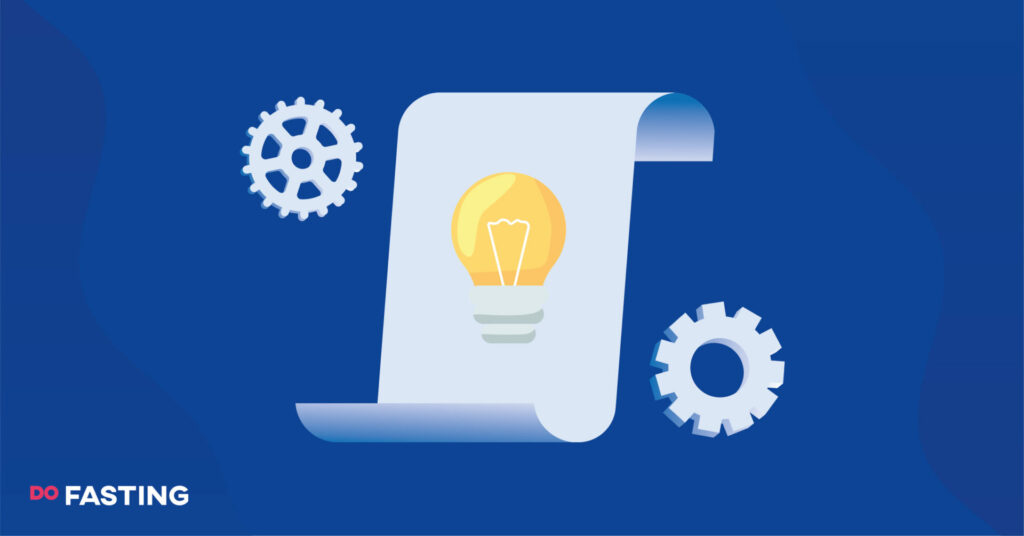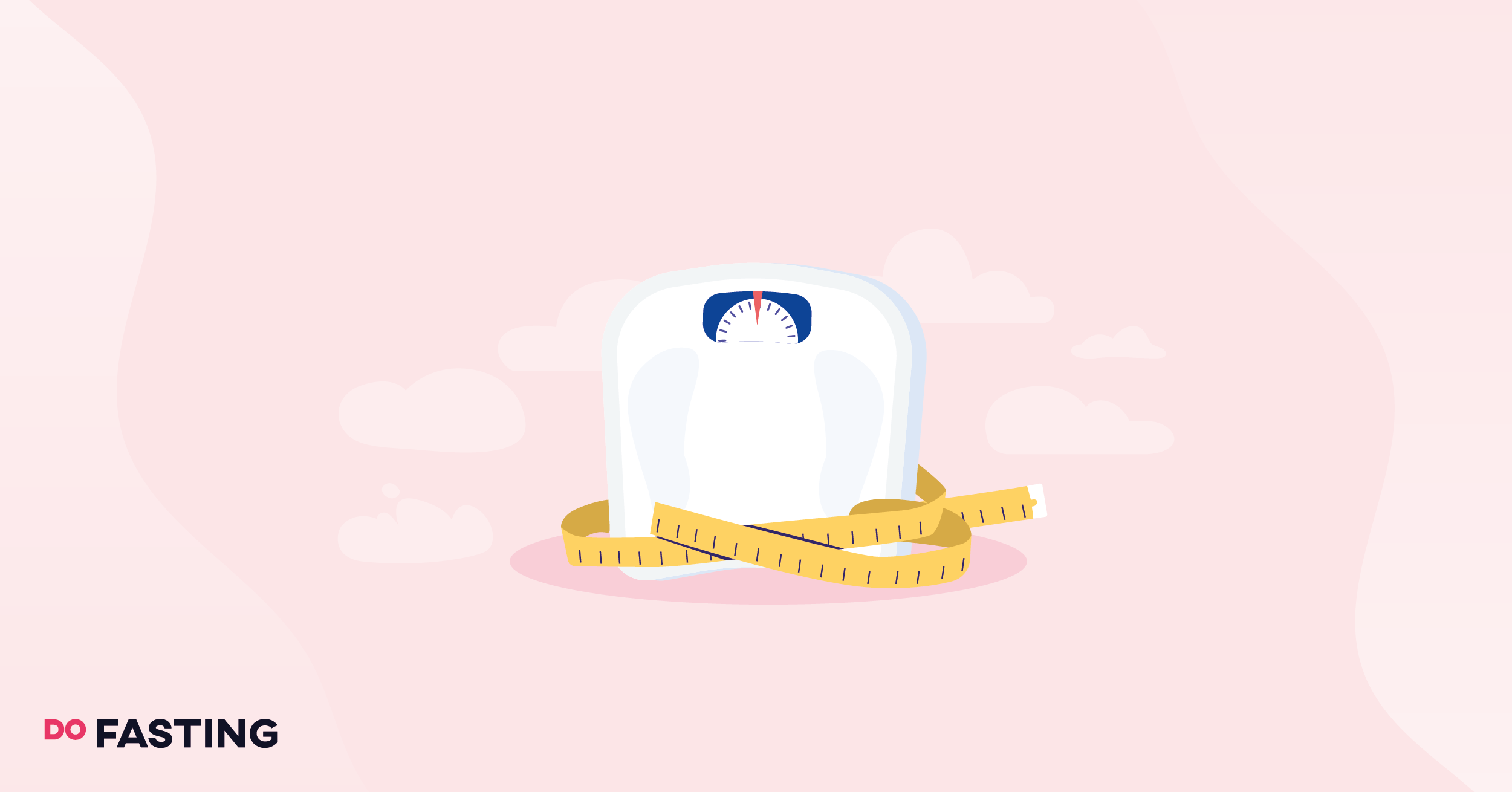Contents
Does Tea Break a Fast?
Tea doesn’t actually break a fast or harm your long-term results. Some people might have the misconception that a cup of tea contains too many calories. This is true for normal tea that has extra milk and sugars, but not for green, black, and herbal teas.
You have to remember that what you add to the tea can break a fast. Any kind of milk or sugar may hinder the ketone production in your bloodstream. Everyone should only consume drinks with minimal calories, sugars, and fats during fasting periods.
Let’s take a look at the nutritional value of some acceptable teas.
Black tea:
- Calories: 10
- Sugars: 0g
- Fats: 0g
- Protein: 1g
- Fiber: 0g
- Carbs: 0g
Green tea:
- Calories: 2
- Sugars: 0g
- Fats: 0g
- Protein: 0.5g
- Fiber: 0g
- Carbs: 0g
Hibiscus tea:
- Calories: 0
- Sugars: 0g
- Fats: 0g
- Protein: 0g
- Fiber: 0g
- Carbs: 0g
Chamomile tea:
- Calories: 2
- Sugars: 0g
- Fats: 0g
- Protein: 0g
- Fiber: 0g
- Carbs: 0.5g
Spearmint tea:
- Calories: 0
- Sugars: 0g
- Fats: 0g
- Protein: 0g
- Fiber: 0g
- Carbs: 0g
As you can see, these teas are great for intermittent fasting. They contain very few calories that won’t harm the end results or disrupt ketosis in your body. Just make sure not to add milk, sugar, or high-calorie artificial sweeteners to any of these teas.
Take a
1-minute quiz
and discover how much weight you can lose with DoFasting!

The Effect of Caffeine in Tea on Fasting
Drinking tea while fasting can actually increase your metabolic rate. A stronger metabolism means your body burns more calories throughout the day. This change will also promote weight loss, as the body burns fat for energy instead of glucose.
The recommended caffeine intake per day is up to 400 mg, but you can aim to have around 150–200 mg to boost metabolism. One cup of plain black tea contains 47 mg of caffeine, which is a good amount for strengthening thermogenesis in the body.
Green tea (also one cup) has 28 mg of caffeine, so you can easily drink this in moderate amounts. Herbal tea, like hibiscus and chamomile tea, don’t contain any traces of caffeine. These are great options if you don’t want that caffeine buzz.
Take a
1-minute quiz
and discover how much weight you can lose with DoFasting!

The Benefits of Tea During Intermittent Fasting
Tea may increase 24-hour energy expenditure by 5%, meaning the body will burn fat to keep everything functioning properly. Small amounts of caffeine can benefit your long-term health, especially if you’re losing weight on an intermittent fasting plan.
Don’t forget, the more energy you have, the more likely you’ll perform exercise. You can drink tea during the fasting period to achieve the desired energy intake. Just make sure to follow the fifty-calorie benchmark when consuming tea throughout a fast.
Here are some benefits of drinking each type of tea while intermittent fasting:
- Plain black: The antioxidants in black tea can reduce blood sugar levels while fasting. This may stop the body from storing extra glucose as fat, preventing weight gain. A black tea break in between eating windows should fuel your metabolism with flavonoids – antioxidants that also reduce heart disease.
- Green tea: A cup of green tea contains bioactive compounds that soothe inflammation. People with inflammatory diseases may benefit from this during fasting periods. Natural compounds like polyphenols especially protect your cells against free radicals, further preventing oxidative stress in the body.
- Chamomile: Drinking chamomile may help you sleep better after a fasting period. This type of tea binds to benzodiazepine receptors – modulatory sites that help with sleep problems. Getting enough sleep while changing your eating pattern can hugely benefit weight loss, as you’ll have plenty of energy.
- Hibiscus: Herbal tea containing hibiscus may lower blood pressure and promote strong heart health. This ingredient has lots of potassium and magnesium – two minerals that contribute to smooth blood flow. You should try and consume other foods (during eating windows) with a high amount of these minerals.
- Spearmint: One cup of spearmint tea contains everything you need to ease digestion. Carvone is a common compound found in spearmint that helps food pass easily through the digestive tract. People who complete fasting might notice smaller bowel movements, so drinking spearmint tea is one way to soothe that.
You might also be thinking, does ginger tea break a fast? Can matcha tea break it as well? These teas are still suitable for your fasting diet and help to improve your overall health. Just make sure to choose an ingredient that isn’t sugar-based.
What Types of Zero-Calorie Sweeteners Can I Add?
Those who want to drink sweet tea can add zero-calorie sweeteners. Most types of sweeteners may exceed your calorie intake, so it’s important to find the right ones. Drinking plain tea with too much sugar will damage gut health and prevent weight loss.
Below, you’ll find good examples of calorie-free sweeteners:
Stevia
One small packet of stevia has only 1 gram of carbohydrates, and 0 grams of everything else. This makes it perfect for your fasting diet, as it won’t go over the recommended caloric intake. You should add this to your tea if you prefer a richer sweet taste in hot drinks.
A huge benefit of stevia is that it can help you lose weight. You won’t feel tempted to add sugar to beverages, which stops unnecessary fats from storing in the body. Stevia might also satisfy your sweet tooth and prevent you from binge eating between fasting.
Xylitol
A single teaspoon of xylitol contains 10 calories, 4 grams of carbs, and 0 grams of fat and protein. This sweetener is more calorie dense than stevia, but it may still benefit your diet. Xylitol also has a rich sweet flavor that is much stronger than normal sugar.
You should add xylitol to tea for the digestion relief effects. It is non-digestible and fermentable, meaning it won’t trigger constipation after consuming tea. Many people like this sweetener due to the active compounds feeding good gut microbes.
Aspartame
Just one packet of aspartame has 4 calories, 0.1 grams of sugar, 0 grams of fat, 0.9 grams of carbs, and a very tiny amount (0.022g) of protein. The low-calorie content means it won’t raise blood glucose levels or affect those with type 2 diabetes.
Aspartame is also known to prevent tooth decay, since it’s a natural substance that won’t damage saliva and bacteria in your mouth. You can consume small amounts of this sweetener in your tea without worrying about a caloric cut-off limit.
Yacon syrup
One teaspoon of yacon syrup contains 13 calories, 4 grams of carbs, and 0 grams of protein and fats. This sweetener has more carbohydrates and calories than other sweeteners, but it’s still healthy and perfectly acceptable to have with plain tea.
Yacon syrup is high in antioxidants and potassium – two important ingredients that can lower blood sugar levels. Having less glucose in your system means your body won’t store extra stubborn fat, further encouraging weight loss while fasting.
What Else Breaks a Fast?
Breaking fast could occur if you eat high-calorie foods or consume too much sugar in a hot beverage. Some people make the mistake of adding milk and sugar to their tea. The recommended limit is about fifty calories while completing a fasting window.
If you did want to break a fast, you’ll have to eat meals that are easily digestible. Gentle foods could be fruit smoothies, vegetable soup, eggs, avocados, dried fruits, and soft vegetables. Your stomach needs time to adjust to the new way of eating.
To make fasting easier, you can try the DoFasting app to receive guidance. It contains multiple types of fasting that help you to reach your weight loss goals.
Take a
1-minute quiz
and discover how much weight you can lose with DoFasting!

Conclusion
If you practice intermittent fasting, drinking tea is a good way to curb hunger cravings. Green and black tea are especially great for fueling your body with nutrients. People who drink coffee can also enjoy products like ginger tea, loose leaf tea, and peppermint tea.
Just remember to add calorie-free sweeteners and not real sugar. Store bought matcha lattes could contain too many preservatives. There’s nothing wrong with having a green tea break while fasting if youl need hot beverages to satisfy your sweet tooth.
See how DoFasting will improve your life
Find out what works for you with this 60-sec quiz approved by our experts and get your personal revolutionary fasting assistant.
Start the Quiz
This is an evidence-based article that includes scientific citations. DoFasting’s professional writers and editors prepared the content, which a team of medical experts verified to be accurate.














